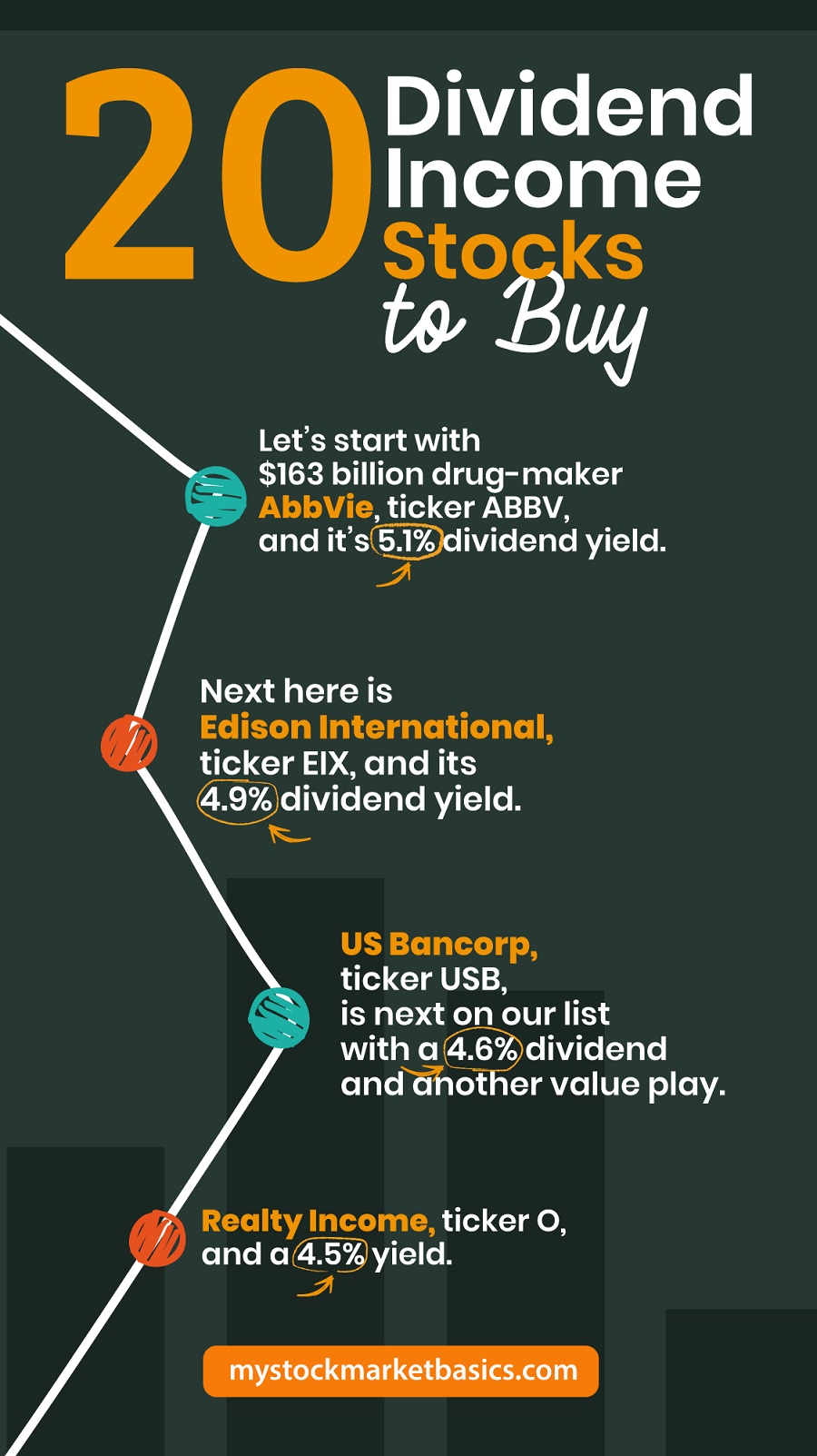
If you have ever wondered how to invest in a stock, you may have already heard of equity derivatives. These investment products let investors buy into the performance and potential returns of an underlying stock investment without actually owning it. These investment products can be beneficial over the long-term, but the short-term benefits are often much more appealing. This is especially true for investors who are looking to make long-term investments. If you haven't yet tried equity derivatives, they may be worth adding to your portfolio.
Other Options
Equity derivatives allow investors to purchase or sell underlying stocks. Equity options require less capital to purchase stock than an outright position on margin. The investor can leverage more and make more profit from price movements, even if the option expires early. An example of an option would be a put option. This gives the investor the option to sell the stock.

Futures
You are not investing in the company when you trade futures on equities. Instead, you buy a contract that gives you exposure to a physical asset, such as oil or corn. You also get exposure to weather conditions and currency fluctuations. Futures traders can hold stocks in their hands, but they use virtual accounts to avoid physical delivery. To offset losses, margin is necessary.
Warrants
Although the stock exchange is complex, it can still be confusing to learn how to profit. Stocks are perhaps the most well-known investment vehicle. However stock warrants are more common and less accessible. Although stock warrants can often be accompanied with attractive returns, there are some qualifiers and tradeoffs to consider before purchasing. This is why experienced financial advisors are recommended for investors who wish to add warrants in their portfolios.
Convertible bonds
Conversions are an option on convertible bonds. The current stock prices of the underlying capital determine the value. The issuer may have the right to call the bond or force it to be converted. This type may also include terms like "call", or "put," or both. These terms are used to describe the relationship between a convertable bond and its underwriting equity. It is important to remember that not all convertible bond may have a call/force option.

Swaps
Swaps allow investors to swap the return of an equity security for another cash flow. Swaps allow investors to gain exposure to stocks, but not actually own them. An equity swap gives the investor the ability to invest in many securities without the need or risk of purchasing stock.
FAQ
What is the difference in the stock and securities markets?
The entire list of companies listed on a stock exchange to trade shares is known as the securities market. This includes stocks, options, futures, and other financial instruments. Stock markets can be divided into two groups: primary or secondary. Primary stock markets include large exchanges such as the NYSE (New York Stock Exchange) and NASDAQ (National Association of Securities Dealers Automated Quotations). Secondary stock market are smaller exchanges that allow private investors to trade. These include OTC Bulletin Board Over-the-Counter and Pink Sheets as well as the Nasdaq smallCap Market.
Stock markets are important for their ability to allow individuals to purchase and sell shares of businesses. The value of shares depends on their price. Public companies issue new shares. These newly issued shares give investors dividends. Dividends are payments that a corporation makes to shareholders.
In addition to providing a place for buyers and sellers, stock markets also serve as a tool for corporate governance. Shareholders elect boards of directors that oversee management. The boards ensure that managers are following ethical business practices. If the board is unable to fulfill its duties, the government could replace it.
How does inflation affect the stock market?
Inflation affects the stock markets because investors must pay more each year to buy goods and services. As prices rise, stocks fall. You should buy shares whenever they are cheap.
Why are marketable securities Important?
An investment company's primary purpose is to earn income from investments. It does this by investing its assets into various financial instruments like stocks, bonds, or other securities. These securities are attractive to investors because of their unique characteristics. They may be safe because they are backed with the full faith of the issuer.
What security is considered "marketable" is the most important characteristic. This is the ease at which the security can traded on the stock trade. It is not possible to buy or sell securities that are not marketable. You must obtain them through a broker who charges you a commission.
Marketable securities can be government or corporate bonds, preferred and common stocks as well as convertible debentures, convertible and ordinary debentures, unit and real estate trusts, money markets funds and exchange traded funds.
These securities are a source of higher profits for investment companies than shares or equities.
Statistics
- Even if you find talent for trading stocks, allocating more than 10% of your portfolio to an individual stock can expose your savings to too much volatility. (nerdwallet.com)
- Our focus on Main Street investors reflects the fact that American households own $38 trillion worth of equities, more than 59 percent of the U.S. equity market either directly or indirectly through mutual funds, retirement accounts, and other investments. (sec.gov)
- For instance, an individual or entity that owns 100,000 shares of a company with one million outstanding shares would have a 10% ownership stake. (investopedia.com)
- US resident who opens a new IBKR Pro individual or joint account receives a 0.25% rate reduction on margin loans. (nerdwallet.com)
External Links
How To
How to make a trading plan
A trading plan helps you manage your money effectively. It allows you to understand how much money you have available and what your goals are.
Before you begin a trading account, you need to think about your goals. You might want to save money, earn income, or spend less. If you're saving money you might choose to invest in bonds and shares. If you're earning interest, you could put some into a savings account or buy a house. You might also want to save money by going on vacation or buying yourself something nice.
Once you have a clear idea of what you want with your money, it's time to determine how much you need to start. This depends on where your home is and whether you have loans or other debts. Consider how much income you have each month or week. Your income is the net amount of money you make after paying taxes.
Next, make sure you have enough cash to cover your expenses. These include rent, bills, food, travel expenses, and everything else that you might need to pay. Your total monthly expenses will include all of these.
The last thing you need to do is figure out your net disposable income at the end. This is your net disposable income.
You're now able to determine how to spend your money the most efficiently.
Download one from the internet and you can get started with a simple trading plan. Ask an investor to teach you how to create one.
Here's an example spreadsheet that you can open with Microsoft Excel.
This graph shows your total income and expenditures so far. Notice that it includes your current bank balance and investment portfolio.
Another example. This was created by a financial advisor.
This calculator will show you how to determine the risk you are willing to take.
Don't try and predict the future. Instead, think about how you can make your money work for you today.